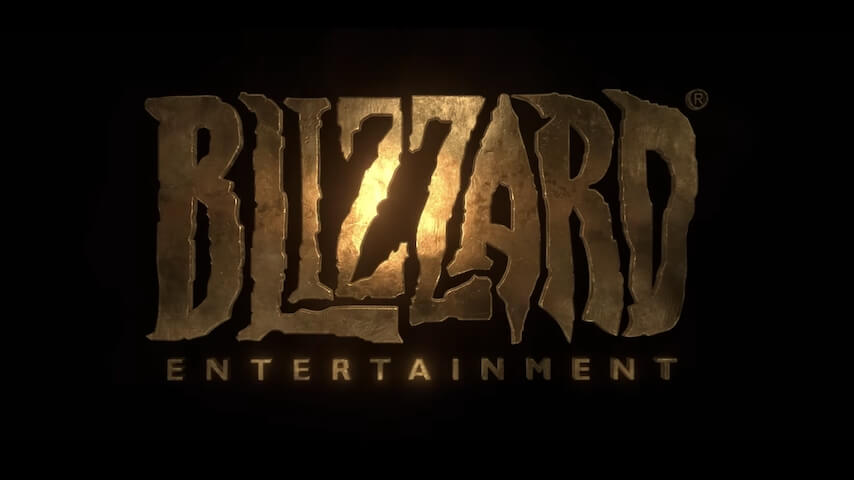Read This: The Activision Blizzard downturn is a familiar tale of late capitalism
An excerpt of Play Nice: The Rise, Fall, And Future Of Blizzard Entertainment details the sadly familiar story
Screenshot: World Of Warcraft/YouTube
Gosh, guys, it turns out the intersection of creativity and commerce is an uneasy place to be. For our millionth example of this truism, look no further than Bloomberg‘s excerpt of Play Nice: The Rise, Fall, And Future Of Blizzard Entertainment. It paints a picture of one boss (Activision’s Bobby Kotick) who cared most about the profits, and one boss who cared most about the games (Blizzard’s Mike Morhaime), and surprise, their visions were pretty incompatible, which eventually drove Blizzard founder Morhaime out of the company for good.
The Titan disaster (an expensive canceled project meant to “blend a first-person shooter with the calming vibes of The Sims“) is framed here as the precipitating incident that led to the downfall of Morhaime’s regime. It was the blood in the water that allowed Kotick, who had acquired Blizzard after buying out their mutual parent company Vivendi Games, to enforce more of his vision. In a tale as old as time, that means bringing in more finance guys who didn’t necessarily understand the creative and personal demands of the business they were getting into. The use of corporate jargon would fill anyone with dread; see: over-investing in an e-sports league and then shutting it down due to “headwinds.” Or former Blizzard exec Gio Hunt’s observation that Kotick insisted “that we were not ‘extracting enough value’ out of the IP,” a phrase which “would just make everyone at Blizzard upset.”
Morhaime “was a profit-motivated guy like everybody else,” Hunt, who was also once Morhaime’s chief of staff, says in the excerpt. “The difference is, he wasn’t a profit-motivated-first guy.” Morhaime tried to push back on Kotick, writing in one email to him and other execs, “I believe that preserving Blizzard’s culture and magic is a necessity for preserving Activision Blizzard’s advantage of having an organization that can attract and retain the best creative talent in the world and that can consistently produce the highest quality games and experiences. It has been increasingly hard for me to provide Blizzard leadership and staff confidence that Blizzard has a stable future.”
So hard, in fact, that Morhaime eventually bowed out in 2018. The company floundered in his wake and was eventually acquired by Microsoft Corps., with its reputation in complete tatters. You can read the (excerpt of the) full saga here.